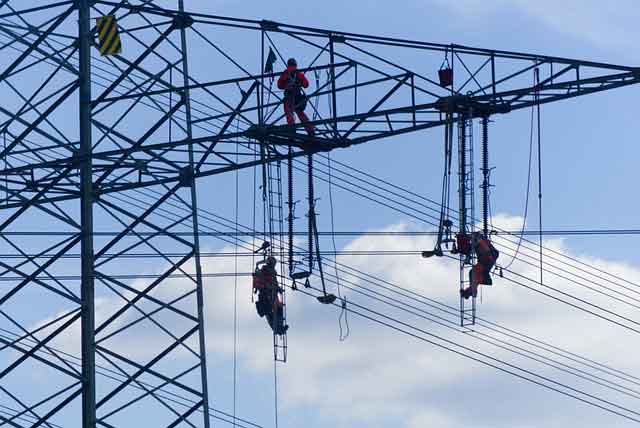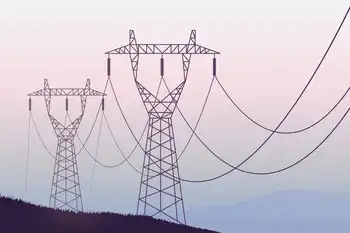Innu want 11 billion dollars for Quebec hydro dams
QUEBEC - Quebec's northern Innu are suing the provincial and federal governments for $11 billion because Hydro-Quebec built a series of dams and other installations five decades ago on land the aboriginals claim they own by ancestral right.
Innu Chief Raphael Picard told a Montreal news conference the lawsuit seeks appropriate redress for the construction of 13 "illegal" dams in the 1950s and 60s, as well as for hardships his people have suffered as a result.
The colossal damage claim was calculated on profits Hydro-Quebec has drawn from operating the dams, which include Manic-5, a mega-project and tourist attraction that is considered the crowning achievement of Quebec engineering.
"The first goal for my community is that the two governments respect our titles and native rights on the territory because 50 years ago, the Quebec government didn't respect our rights and titles," Picard said.
For years the Innu have claimed aboriginal title over large swaths of land in northeastern Quebec.
Provincial government officials wouldn't comment directly on the lawsuit, which is an updated version of a $500 million claim originally filed in 1998 and later withdrawn as the sides continued to negotiate.
But they did say the Innu appear to be reneging on a two-year-old tentative compensation arrangement and suggested the lawsuit is a tactic aimed at sweetening the deal.
Under the deal, the band would have received $75 million, and though a final agreement was never reached, an official noted it was Picard who signed the 2004 agreement in principle.
"In 1998 they were asking for $500 million, then they settled for $75 million in 2004, now they want $11 billion, and I think that places this matter in context," said an aide to Natural Resources Minister Pierre Corbeil.
The lawsuit came on a day that federal Indian Affairs Minister Jim Prentice said he plans a major "retooling" of a claims process that has a backlog of about 800 cases. The average settlement takes nine years to reach.
Prentice said he wants to fix a system that critics blame for mounting tensions between native groups and governments — as evidenced by the continuing dispute in Caledonia, near Hamilton, over a subdivision on land reclaimed by Six Nations members.
"The backlog is not acceptable and we're working on it," Prentice said.
Related News

'Pakistan benefits from nuclear technology'
LAHORE - Pakistan is utilising its nuclear technology to achieve its full potential by generating electricity and attaining socio-economic development goals outlined by the United Nations Sustainable Development Goals.
This was stated by Pakistan Atomic Energy Commission (PAEC) Chairperson Muhammad Naeem on Tuesday while addressing the 64th International Atomic Energy Agency (IAEA) General Conference (GC) which is being held in Vienna from September 21.
Regarding nuclear security, the PAEC chief stated that Pakistan considered it as a national responsibility and that it has developed a comprehensive and stringent safety and security regime which is regularly reviewed and upgraded in accordance with IAEA's…




